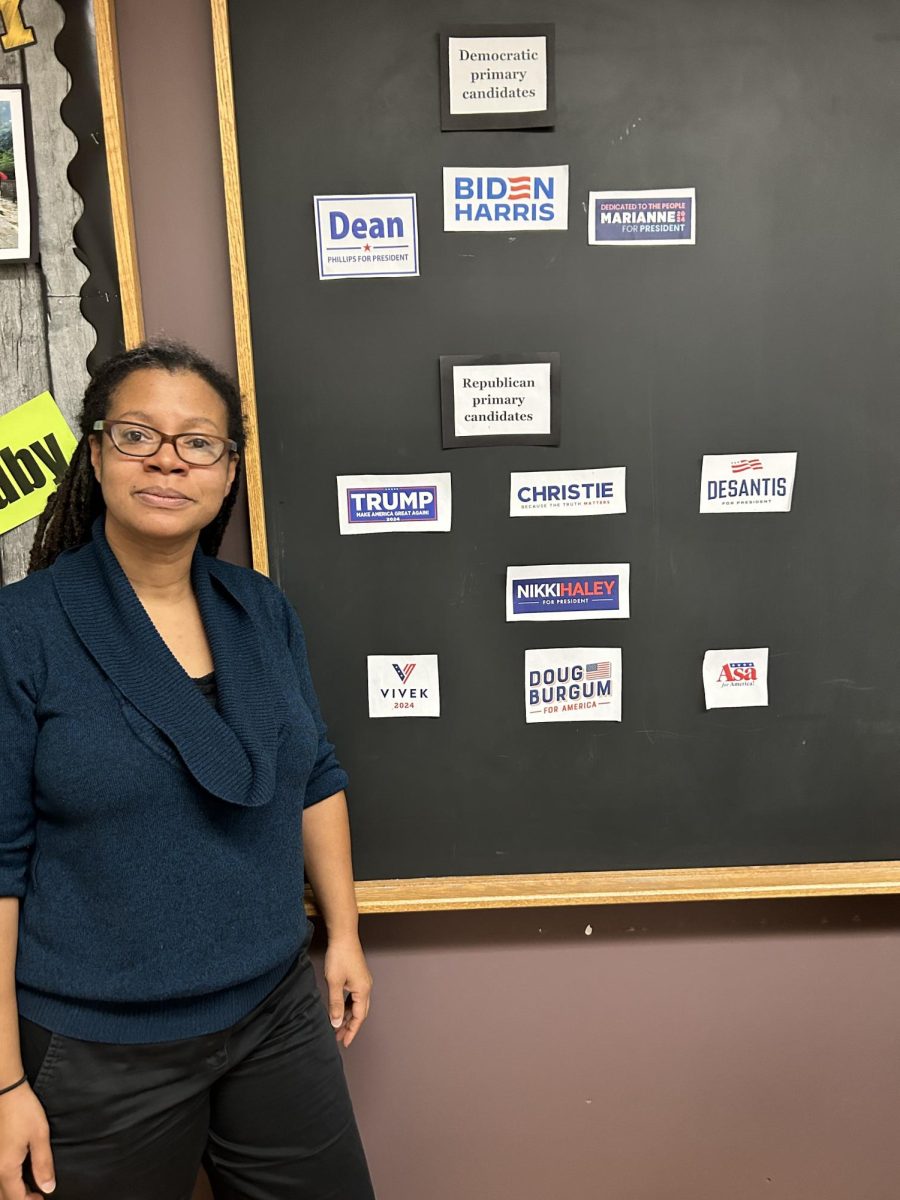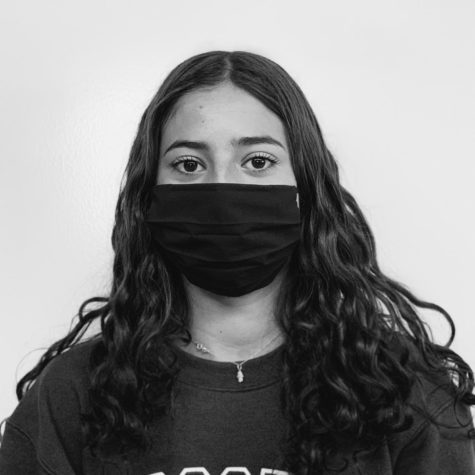Behaviors in the JNA, cafeteria, hallways, and activities pertaining to phones, masks, and academic honesty have all transformed since the onset of the COVID-19 pandemic, marking a communal cultural norms shift. For upperclassmen and teachers, watching this shift has brought about frustration, but it is also important to note that all underclassmen have yet to experience a typical school year at the Upper School.
Pertaining to the use of phones in hallways, social studies teacher David Zalk ’66 shares, “The expectation is that if you need to text, you sit down or stand to the side or go into a classroom and do what you need to do. You don’t walk through the hallways or through the lunchroom with your nose buried in your phone. I think that there are all sorts of reasons for that, both practical and not practical.î Conversely, Sophia Perepelitsyn ’23 says, “There are no phone rules and no food rules in classes,” highlighting a disconnect between faculty and students defining what constitutes cultural norms versus school rules. This difference is perhaps the reason that some of the pre-pandemic norms upperclassmen recently seem to be ignored.
“Freshmen think they rule the world now. Where is that coming from?” – O’Neill Tierney ‘22
In the JNA, leaving before dismissal, excessive chatter, phone usage, and backpacks evidence a shifting student culture. Ninth Grade Dean, Jen Vance, attributes this to lacking assembly knowledge and experience saying, “We really forgot that the sophomores had never been to assembly before, so I remember yelling at them for bringing their backpacks in, and they’re looking at me, and then it occurred to me ‘Oh, you’ve never done this before.'” In terms of side commentary, Debate Director, Shane Stafford, adds, “If there is someone talking at the front of assembly or class, it makes sense that you would take the time to listen… think about how much noise you’re making, like side chatter in classes and side chatter in assembly and how that shows a lack of respect towards the speaker.” Assembly moderator Jack Tix ’22 echoes an overall norm shift explaining, “It’s been like two years since we’ve had a regular assembly and we have all kind of slipped into these more [relaxed] norms.”
Furthermore, since the full student body returned to the main cafeteria, students have been bringing their backpacks into the lunchroom and cutting in line. Zalk compares the old and new cultures saying, “Before COVID it was just accepted. You hung your backpacks on the hooks outside or you put them in a classroom, but you didn’t try to maneuver through the lunchroom with your backpack on.” Stafford also notes that “I was there during the first lunch and there was an amazing amount of line cutting that surprised me. It just seemed to be normal to just go up to a friend and just stand next to them.” Additionally, in previous years, underclassmen ate on the side closest to the courtyard and upperclassmen ate on the side closer to Kenwood Parkway. This no longer seems to be a norm, and O’Neill Tierney ’22 says, “Freshmen think they rule the world now. Where is that coming from?” Since the lunchroom layouts were disrupted last year, no underclassmen has eaten with all grades in the same room, and unspoken norms have not been perpetuated to the same extent.
In light of shifting Upper School norms, many changed aspects derive from changing norms to mitigate outbreaks last year, leading to the realization that some older norms had little purpose. Zalk digs into norm creation, sharing, “A lot of what we expect of people simply arises from the fact that we have a lot of individual human beings in a confined space. We have 500 plus students in the building, all trying to get from one place to another, all trying to eat lunch, all trying to form a community.” Similarly, Vance shares, “There’s basic respect and integrity in the sense of the language that we use with each other and how we’re treating materials and things that don’t change.”
Even though many of these Upper School cultural norms seemingly stem from basic respect, there is no need for upperclassmen to expect that everyone in the building understands cultural expectations that were never made clear to them. Based on 19 student, faculty, and administrator interviews, having some leeway and giving gentle reminders instead of annoyed looks will positively define and encourage old and new cultural norms.





